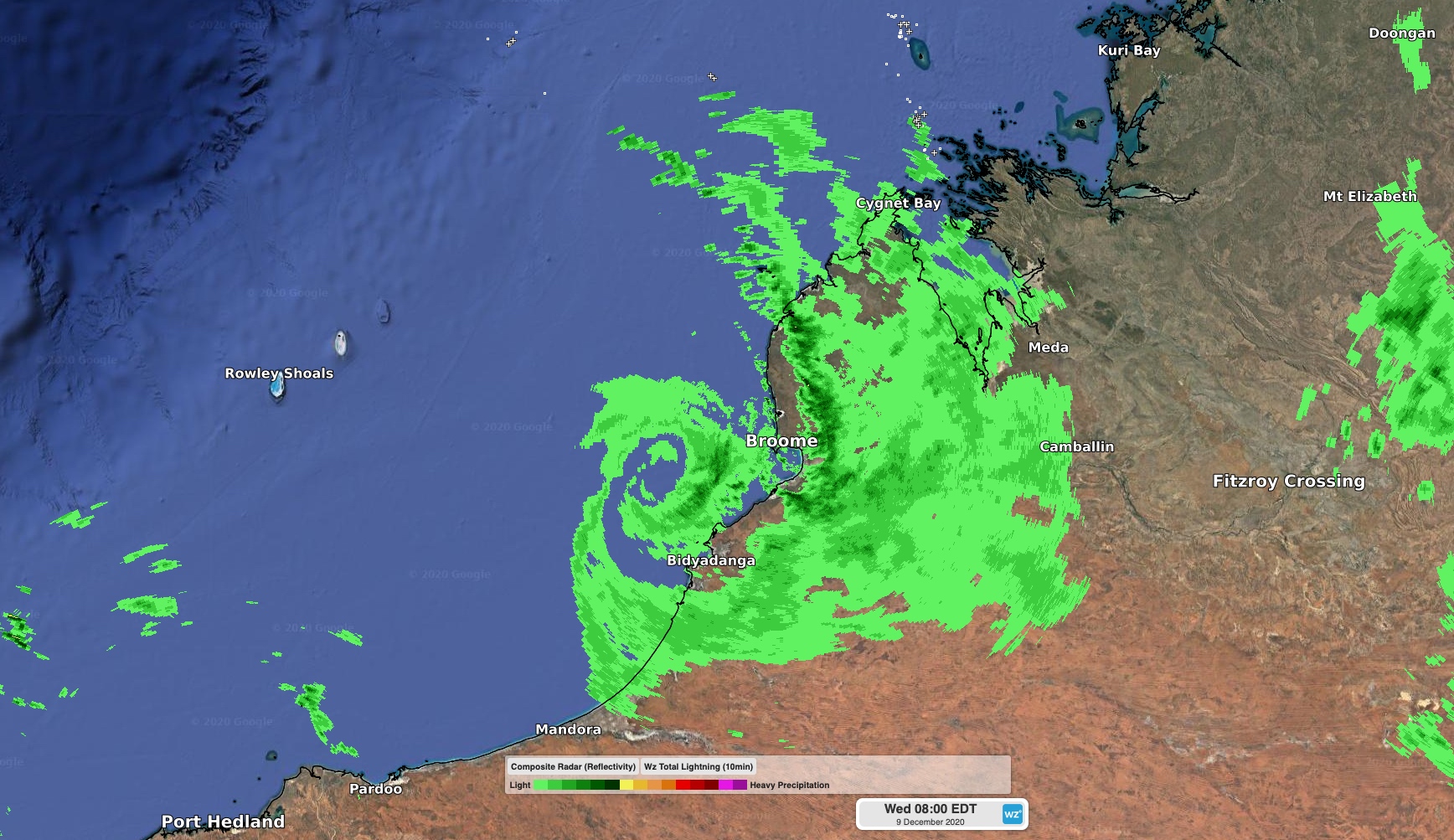Unusually slow start to tropical cyclone season
Australia is having an unusually quiet start to the 2019/20 tropical cyclone season, which wasn't expected to happen during La Niña.
The official tropical cyclone season in Australia runs from November 1 to April 30. During this six-month period, we usually see around 11 tropical cyclones inside the Australian region and about four making landfall along our coastline.

Image: Plenty of clouds over northern Australia on December 29, but no sign of tropical cyclone.
However, this isn't an average season. La Niña has been active in the Pacific Ocean since late-September and is likely to persist into the opening months of 2021. During La Niña, the first tropical cyclone of the Australian season usually develops earlier than usual, around mid-December, and the overall number of tropical cyclones is also normally higher.
So, it has come as a bit of a surprise to reach the end of December without any tropical cyclones being named in Australian waters. This unexpected run is likely to continue into the beginning of the new year as well, with no signs of tropical cyclone activity inside the Australian region during the next several days.

Image: This low pressure system, which crossed the west Kimberly coast in early December, was the closet thing we have seen to a tropical cyclone so far this season.
Only three of the last 15 seasons have made it to January without any tropical cyclones being named in Australian waters. Last season was also a late-starter, with Blake becoming the first named cyclone on January 6.
This season's quiet start has already been a surprising feat amid La Niña, but just how far into the new year we can make it without any named cyclones is yet to be seen.